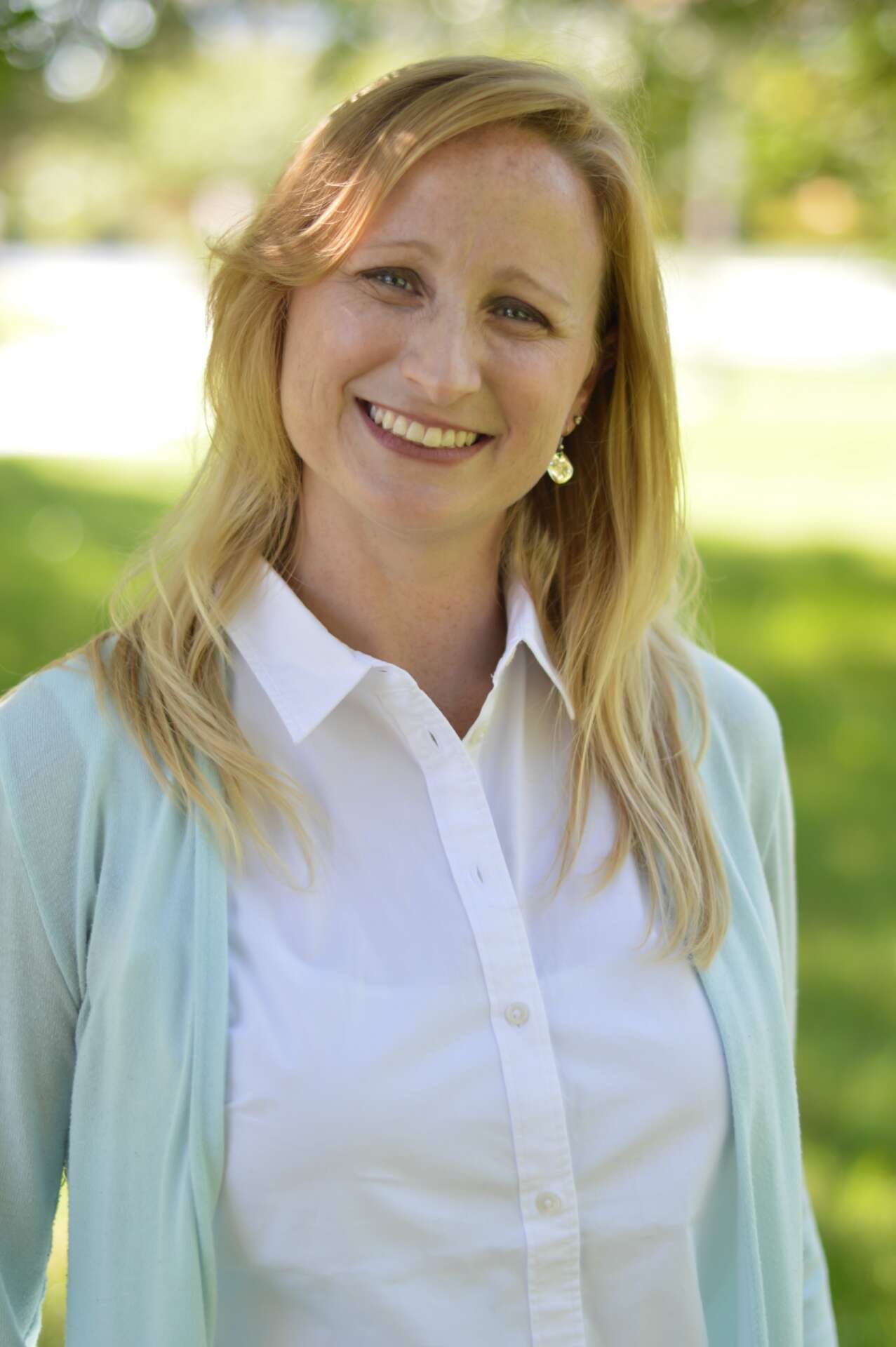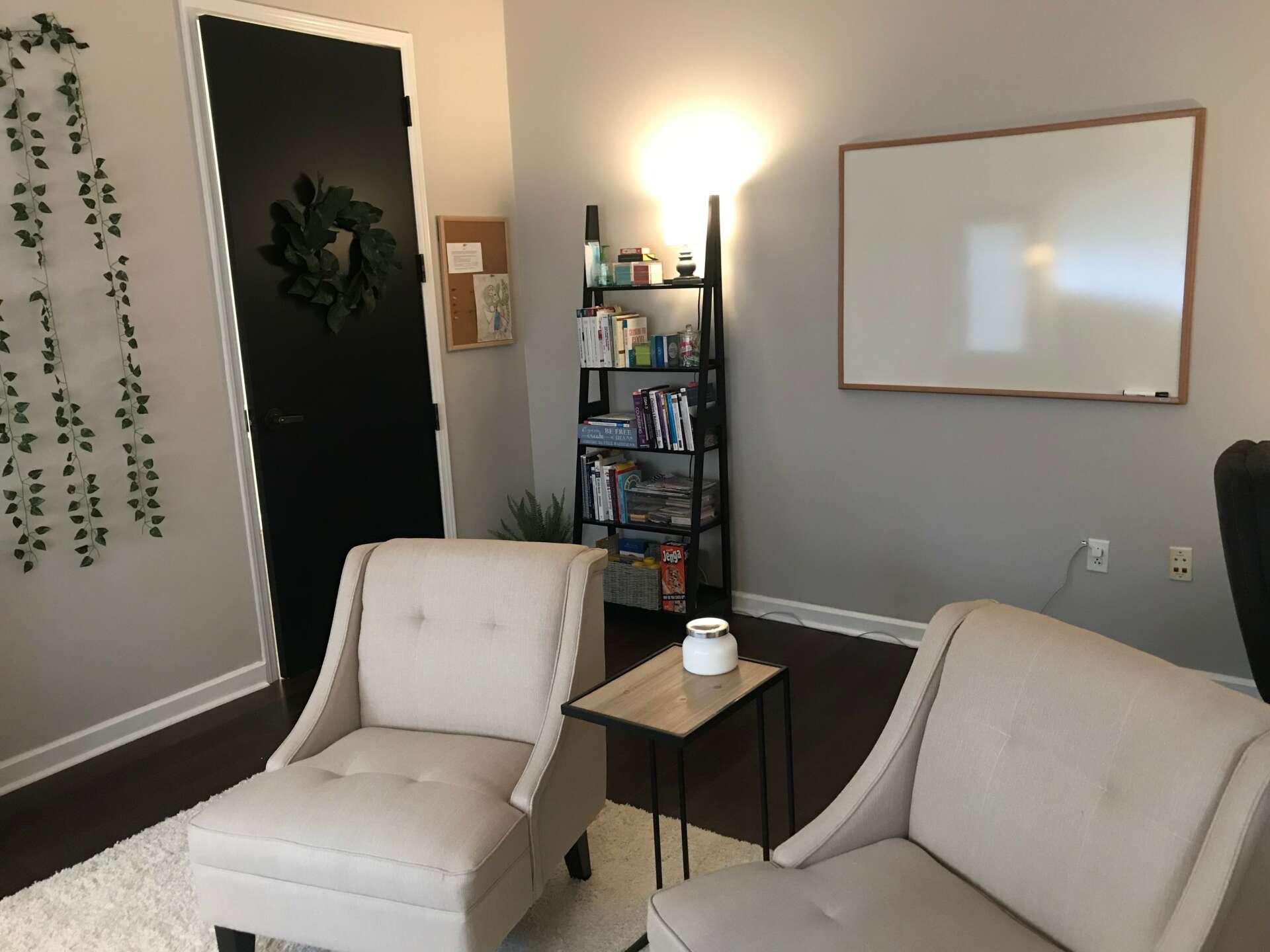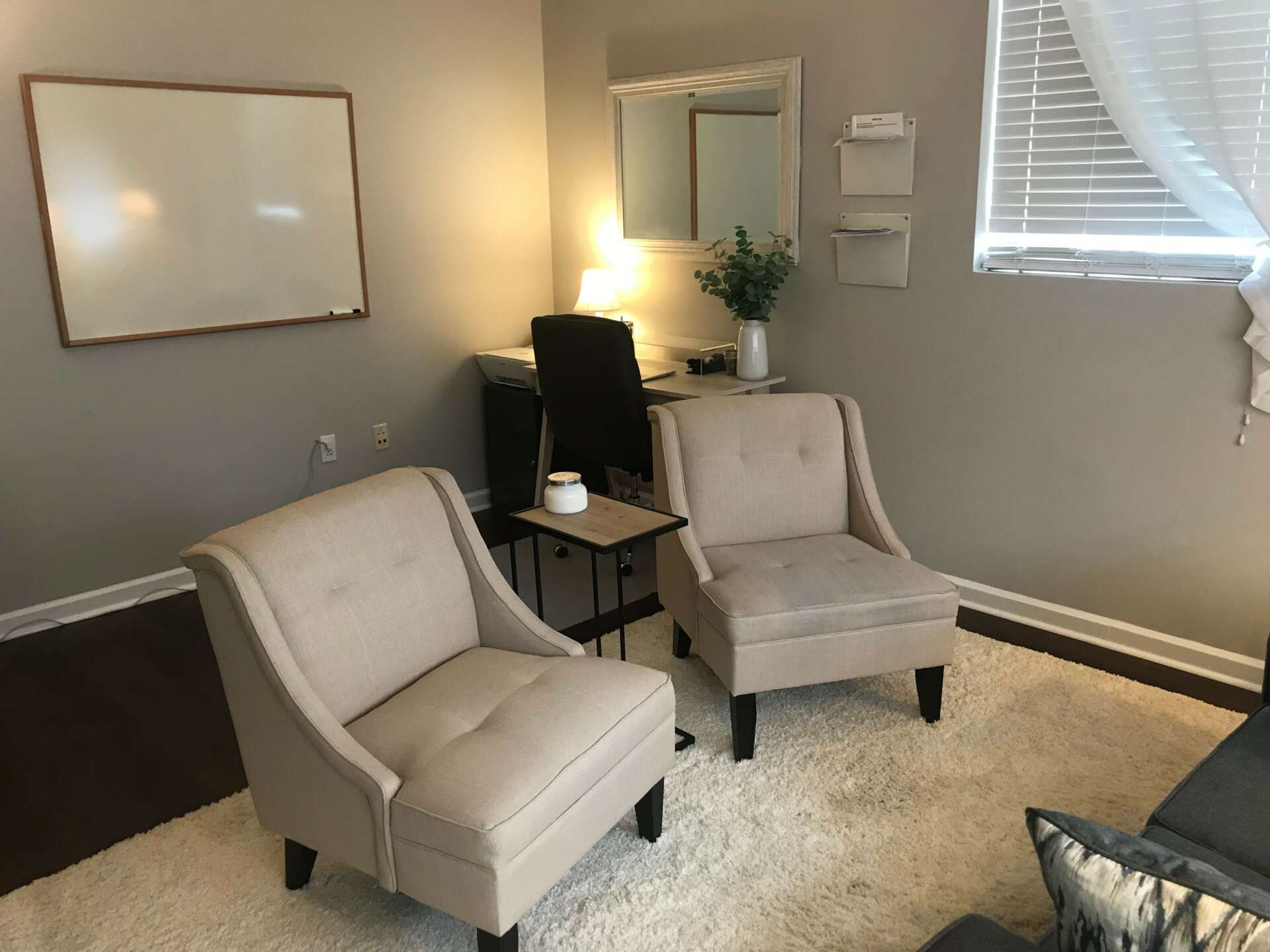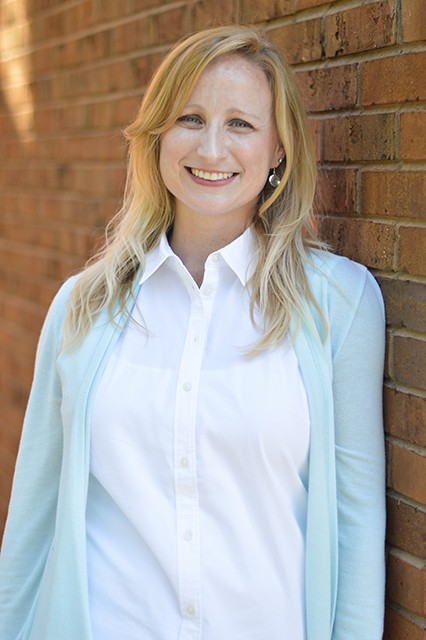We caught up with the brilliant and insightful Amanda Bumgarner a few weeks ago and have shared our conversation below.
Alright, Amanda thanks for taking the time to share your stories and insights with us today. Was there a moment in your career that meaningfully altered your trajectory? If so, we’d love to hear the backstory.
As opposed to a “defining” moment, I would call my path an evolution. The only continuous thread was my ability to communicate well with others. Having been more creative than academic in my youth, I found my ‘home’ teaching in the performing arts for an extended period of time. I found great joy in helping a student communicate a story or emotion through movement. Over time I realized that working with young people in general was a passion for me. As a seeker of knowledge and understanding, I decided to get a graduate degree in education as a way to work with my favorite population full-time. Teaching allowed me to practice my passion for communication through education. For years I taught high schoolers and became acquainted with some of the greatest humans I have ever met. While developing these relationships, I realized that supporting students’ social emotional health had become my top priority. Ever inquisitive, I went back to graduate school for a degree in counseling. What a life changing experience! Every class, professor, and peer taught and challenged me in ways that I had never experienced. Becoming a counselor has truly been the culmination of my life’s experience. Looking back, I have realized that a career is not a job or an occupation. A career is an ever-evolving process that moves in parallel with our experiences and self-growth. I am thankful for my journey and experience as it allows me to be my most authentic self for my clients.


Amanda, love having you share your insights with us. Before we ask you more questions, maybe you can take a moment to introduce yourself to our readers who might have missed our earlier conversations?
I came to counseling via secondary education. I taught high school level world history and psychology in public, private, and charter schools in Florida and North Carolina from 2010-2020. I also worked with teens as a clinician in the performing arts for the previous ten years. I have served as a K-12 School Counselor since 2017 and in 2021 opened my private counseling practice, Lucere Counseling. My private practice focuses on teens and young adults in Central Florida. My time in secondary schools is one aspect that sets me apart from other clinicians. I have been working with this age group since I was old enough to work. I have seen anxiety, depression, friendship and family issues in and out of a school setting. I have also seen how mental health affects families, friendships, and academic success.
I focus on teens and young adults because it is such a challenging time of life. You’ve got puberty, academic pressure, familial issues, romantic relationships, friendships, and so much more. It is a time when we form ideas about who we are and of what we are capable. I struggled to build confidence and a strong identity when I was younger, so one of my favorite topics in session is helping young people see their unique strengths and abilities. I am always in awe of my clients; how smart they are, how empathetic or talented they are. But often they just don’t see it. I love to help my clients walk the path towards confidence and self-acceptance. When they feel confident, they can be strong in thought, passions, boundaries, and they will begin to speak up for themselves. The name of my practice is Lucere Counseling. In Latin, Lucere means “to shine.” That is my goal, to help my clients find the unique light within and then feel confident enough to let it shine out into the world now and forever.
Have you ever had to pivot?
I’ve always loved performing. Being a performer had been the main part of my identity from age five until well into my twenties. I was very successful in my area. I gained a great deal of external validation and self-worth through this success. The last year I was a performer, I realized that I was no longer sure who I was without this community. I couldn’t see into the future and my lifestyle was vastly different from those around me, so I made a hard decision. It was pretty terrifying to step out of a world in which I had basically grown up. It took me a few years to get myself settled and on a track that felt authentic. After a couple years of working in education, traveling, and building new relationships, I felt that I finally met myself and that I knew who I was outside of that one aspect of my life. Today I look back with so much gratitude for the performing arts and all of the amazing individuals who walked with me during that time. But I also know that I am capable of so much. I am smart, I am empathetic, and I am talented in many ways. If not for the performing arts, and the bravery it took to step outside that community, I would not be the person I am today.



What’s a lesson you had to unlearn and what’s the backstory?
One goal that many of us develop at a young age is a desire for perfection. We may not even be aware that we are thinking about it or holding ourselves to this standard. I asked a group of five year olds once, “can anyone be perfect?” They gave me the stock answer that a group of compliant five year old gives which is, “yes, by practicing we can be perfect!”
One of the biggest (hardest) lessons that I have learned so far is that there is no such thing as perfection. I whispered to that group of amazing kids, “did you know that I am not perfect?” There was an audible gasp from one of the kids. They said “all adults are perfect?!” I responded, “absolutely not, no one is perfect!” (Blank faces) When I have access to small children, I love to teach this lesson. Knowing that there is no perfection can change the very course of our lives. Maybe we will try something hard, fail, and then succeed the next time. But, if we are expecting perfection, we may never try anything hard, and if we fail we may never try again. There is a laundry list of things that I would not try when I was younger because I thought that I might fail. I didn’t take the hardest class, I didn’t go for the most challenging role. The negative thoughts that our brains create when we have perfectionistic expectations for ourselves is that, if you fail, you are a failure. Our brains lie to us, those are not facts. If our brains have realistic expectations and are looking for growth, we can “fail” and then use that as a learning experience for the next go around.
Contact Info:
- Website: https://lucerecounseling.com/
- Instagram: https://www.instagram.com/mandyb_ncc/
- Facebook: https://www.facebook.com/MandyBNCC
- Linkedin: https://www.linkedin.com/in/ajbumgarner/
Image Credits
Michelle Yon (only headshots)


